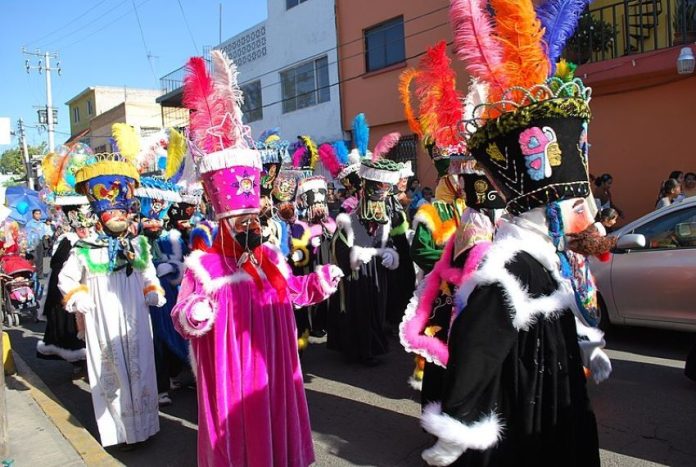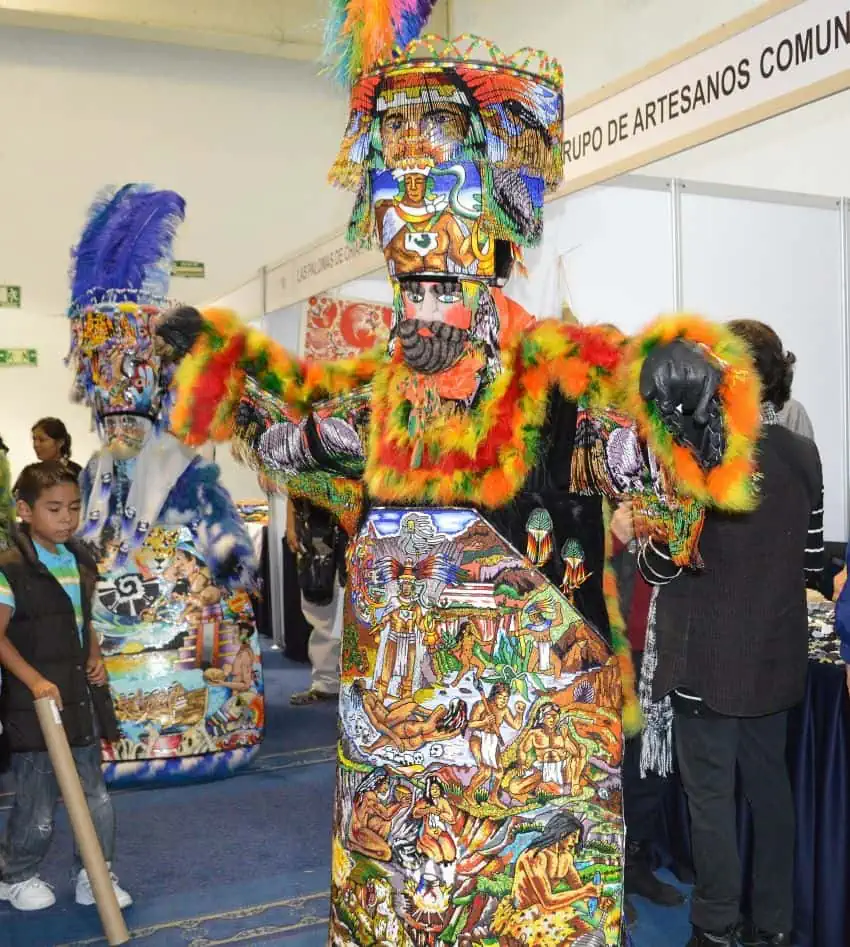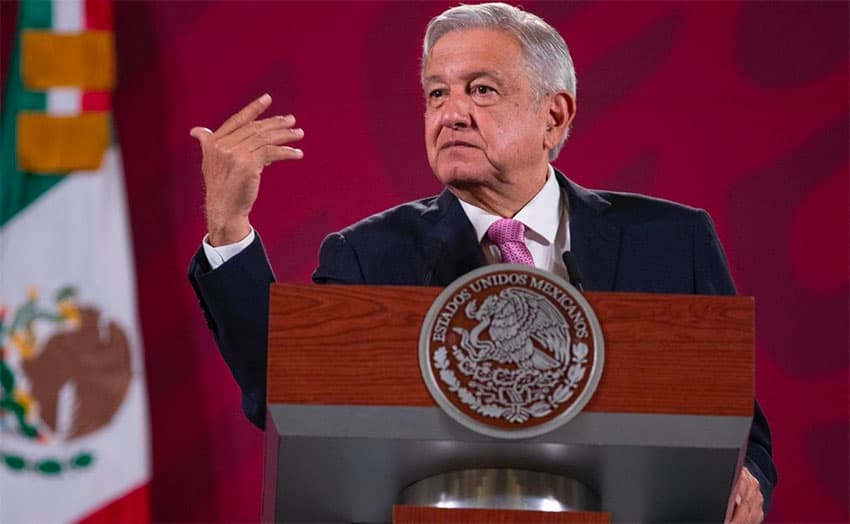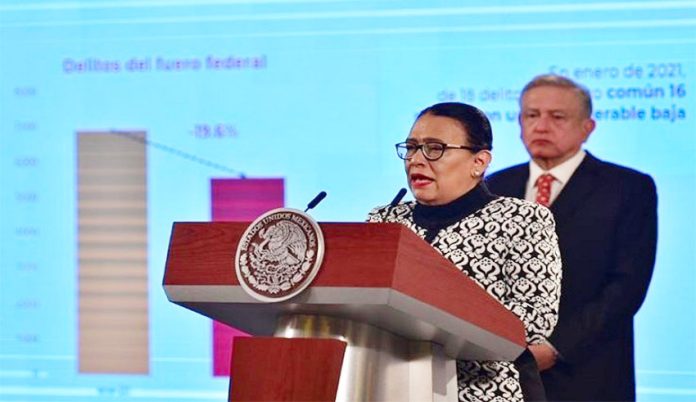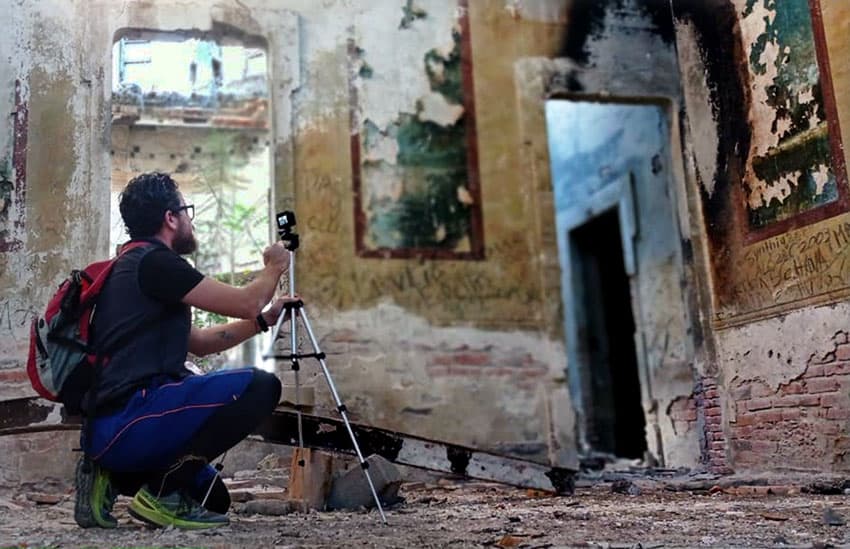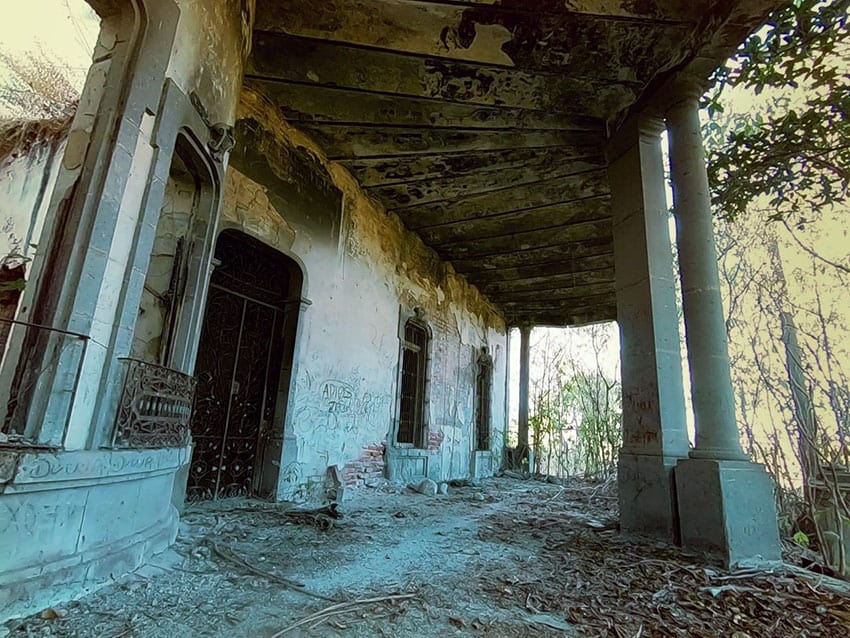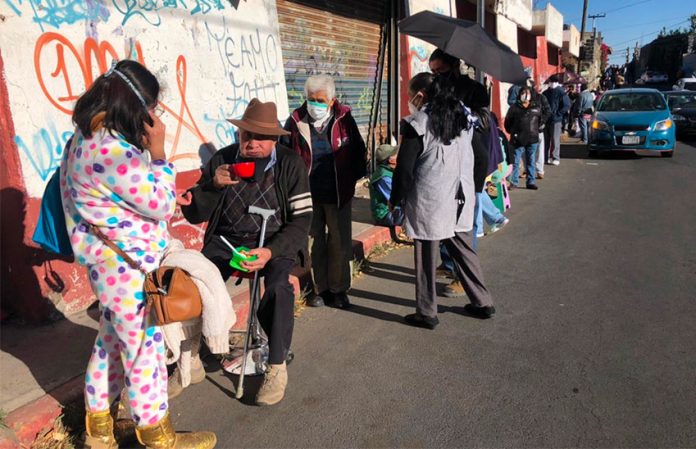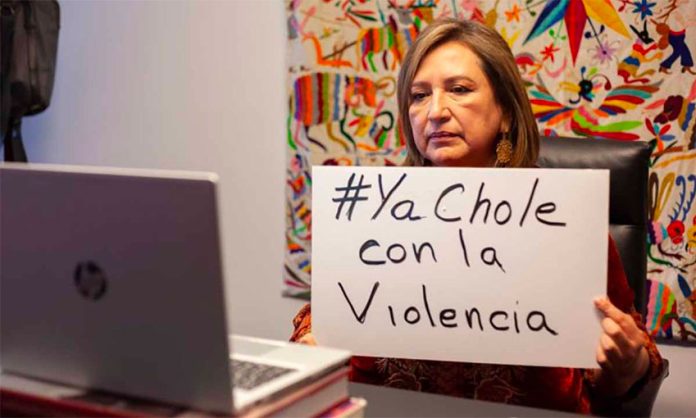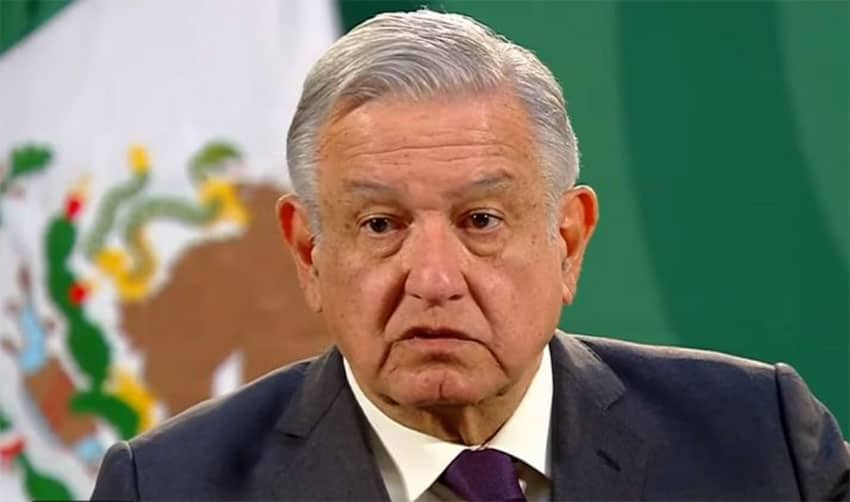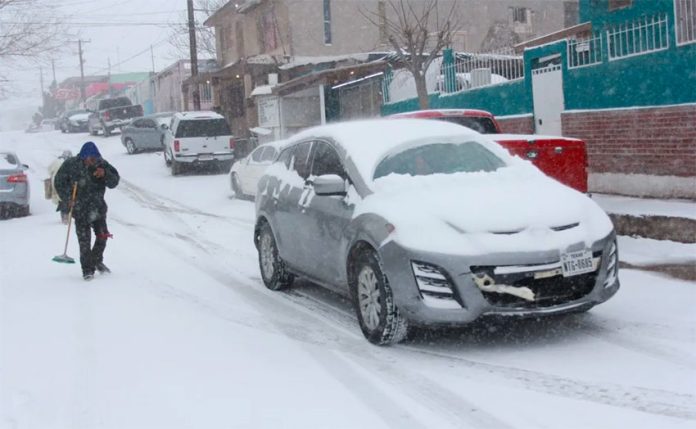The National Gas Control Center (Cenagas) has ended its “critical alert” for the national gas system after Texas lifted its temporary ban on natural gas exports earlier than expected.
Cenagas declared on Saturday an end to the alert, which was issued last Tuesday due to the limited amount of natural gas being sent to Mexico from the United States amid an extreme cold snap in Texas.
The termination came after Texas Governor Greg Abbott lifted the ban on shipping natural gas out of the Lone Star state on Friday. Announced last Wednesday, the suspension was to remain in place until Sunday.
Cenagas said Saturday that the risk to the operation of the national gas system had ended and that restrictions on consumption had been lifted.
The Mexican Natural Gas Association said that gas supply was normalizing but called on industrial, commercial and residential users of the fuel to continue limiting their consumption to help stabilize the distribution system.
Last week’s supply interruption, which the federal government attributed to the freezing of pipes in Texas, caused a blackout last Monday that affected some 4.7 million people in northern Mexico – Mexican power plants are heavily reliant on natural gas for electricity generation – and forced some manufacturers to stop work.
The Nuevo León industry association Caintra said the power outage and gas supply interruption caused manufacturers in that state to lose some 14 billion pesos (US $677.2 million) between Monday and Thursday of last week. Losses in Tamaulipas amounted to $266 million by Thursday, said Humberto Martínez Cantú, president of the Index industry group in Reynosa.
In Chihuahua, a least 120 manufacturing firms had to halt operations, resulting in losses of up to $60 million a day, according to Index.
Manufacturers in several other states, including Durango, Coahuila, Jalisco, Guanajuato and Querétaro, were affected by the natural gas shortages and suffered large losses. Automakers including Volkswagen, General Motors, Ford, Toyota, Honda, Nissan, Kia and Mazda were among the manufacturers that temporarily shut down all or part of production due to the lack of gas.
President López Obrador discounted reports that the economic costs would be serious, accusing media outlets of exaggerating the extent of the impact of gas shortages because “they’re angry with us.”
“The anger of the media in this country is notorious … what interests them is attacking the government.”
On Sunday the president said he was “very satisfied” with the government’s response to the gas crisis.
“I’m very satisfied with the result, with the way in which the CFE [Federal Electricity Commission] confronted this crisis,” he said during an event in La Paz, Baja California Sur.
“… How long did it take us to resolve this problem? Five days, five days thanks to the work of … the Federal Electricity Commission technicians,” López Obrador said.
“I very much regret what’s happening in Texas, … they haven’t resolved the problem yet. We confronted it well because we were attentive, we took early decisions. Before the crisis erupted, an emergency meeting of the CFE with the Energy Ministry was held and they asked me if they could use more fuel oil from Pemex … to put all the country’s plants into operation and increase the energy in the entire network,” he said.
CFE chief Manuel Bartlett said last week that reestablishing electricity generation after the gas supply interruption was “a great feat,” asserting that the public utility’s workers averted a “total disaster.”
López Obrador said the lesson to be learned from last week’s events is “not to put all your eggs in one basket” with respect to energy sources for electricity generation.
“In Texas, I say it with complete respect, they don’t have options other than natural gas. This crisis comes along and they have no options, no alternatives. Here, when the natural gas price started going up and when it was decided they weren’t going to supply us, ships with liquified gas were immediately contracted and other actions [were carried out],” the president said.
“This is a very good lesson; you can’t bet on just one type of fuel. Of course, to the extent possible, you have to seek out non-contaminating fuels,” López Obrador added, brushing aside his government’s clear preference for fossil fuels such as natural gas, coal and fuel oil over renewable sources such as wind and solar.
Source: El Universal (sp), Milenio (sp)

